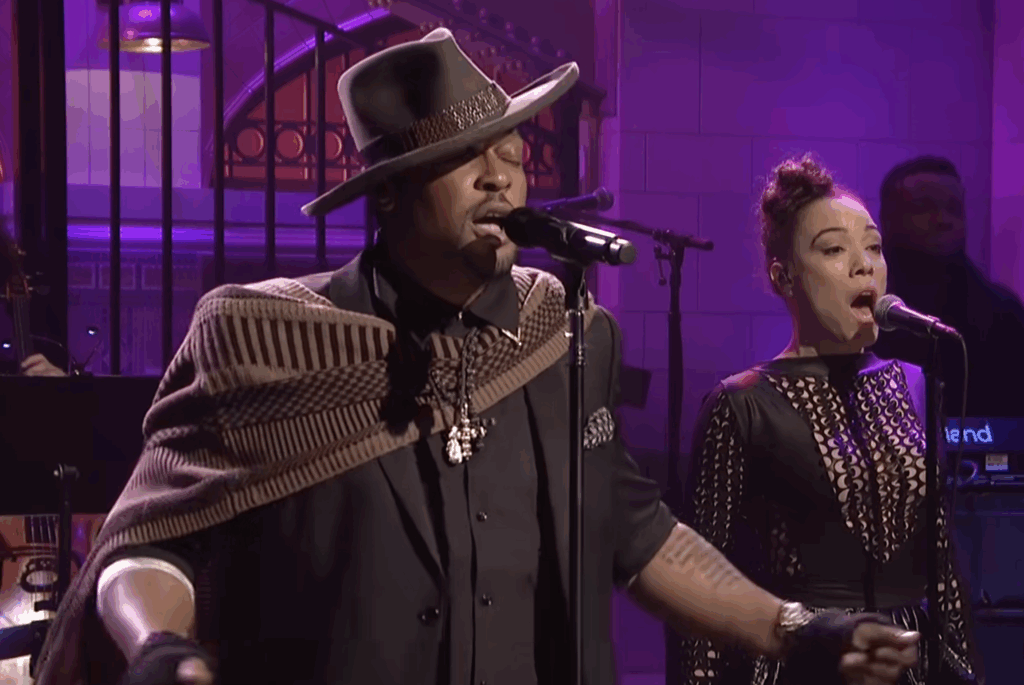D’Angelo

This is a sad story. The non-prolific but brilliant R&B titan has died at the too-much-fucking-perspective age of 51:
D’Angelo, the groundbreaking R&B artist who helped define the neo-soul movement across decades despite his reclusive nature, has died. In a statement, D’Angelo’s family cited the cause as cancer. He was 51.
D’Angelo’s family wrote: “The shining star of our family has dimmed his light for us in this life…After a prolonged and courageous battle with cancer, we are heartbroken to announce that Michael D’Angelo Archer, known to his fans around the world as D’Angelo, has been called home, departing this life today, October 14th, 2025. We are saddened that he can only leave dear memories with his family, but we are eternally grateful for the legacy of extraordinarily moving music he leaves behind. We ask that you respect our privacy during this difficult time but invite you all join us in mourning his passing while also celebrating the gift of song that he has left for the world.”
The Virginia-born singer, songwriter, multi-instrumentalist, and producer only sporadically released music, but each of his three studio albums reshaped the R&B landscape. His 1995 solo debut, Brown Sugar, pushed neo-soul into the broader consciousness when he was just 21 years old. Its organic sound and jazzy harmonic structures were juxtaposed with the slick R&B sound of the ’90s. It had both an old-school timeless feel and an inventive energy typical of the Soulquarians, the cadre of experimental soul and rap musicians that included Erykah Badu, J Dilla, and Q-Tip.
But it was 2000’s Voodoo that made people start using the word “genius” when they mentioned D’Angelo. The album took soul and gospel cues from his first record and extended them into languorous jams. The instrumentation was recorded live with very few overdubs, using vintage equipment to add to the warmth of D’angelo’s inimitable vocal style. He tip-toed across songs, adding tight three-part harmonies to his runs, a born showman retreating into the deepness of the music he was making.
After a period of personal strain, including struggles with alcoholism, D’Angelo returned in 2014 with the surprise release of Black Messiah. It had originally been due out the following year, but D’Angelo brought forward the release in response to the Black Lives Matter movement, which was surging amid nationwide protests over police killings of Black men. After a grand jury failed to indict a police officer for fatally shooting Michael Brown, D’Angelo told his manager, Alan Leeds, “I want to speak out,” Leeds told The New York Times.
The album was a phenomenon. Its playful spins on psychedelic funk and R&B belie lyrics that cut through to D’Angelo’s personal and political soul. In his quiet period, D’Angelo had taught himself guitar, and he played alongside an elite band—including drummer Questlove, bassist Pino Palladino, guitarist Isaiah Sharkey, and horn player Roy Hargrove—credited as the Vanguard.
Questlove on the Voodoo sessions is a great listen. One excellent album and two masterpieces is an estimable legacy, although it’s a major regret that there won’t be more. R.I.P.
